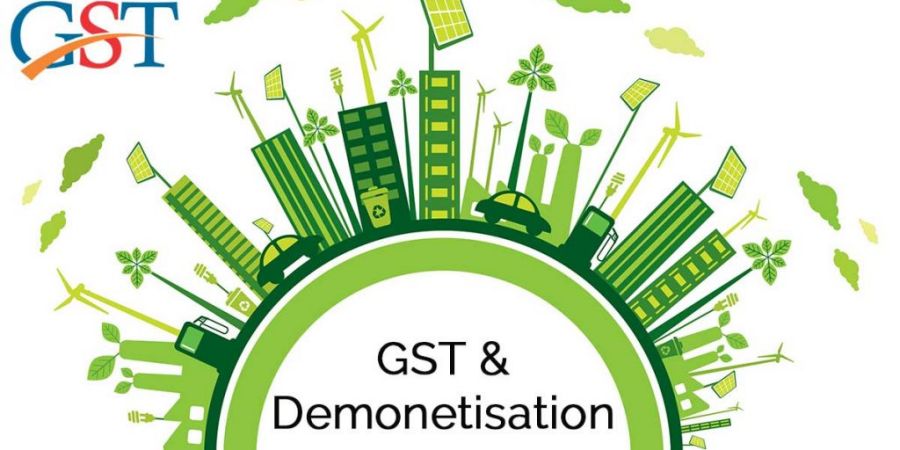

The demonetization of high-value currency notes like 500 or 1000 rs. notes in November 2016 and the introduction of GST in our country from 2017 have a deeper impact on India. The GST reform introduces under the 101st amendment act in the Indian constitution. it is a destination-based biggest indirect tax reform in independent India. it has a game-changing impact on ties between the union and states. our PM Modi describes GST as a “good and simple tax”. GST has converted India into a One nation ‘one market one tax’ regime. GST is proposed new fiscal federalism {guys if want to know what is federalism? you can through my “federalism” blog}.

The GST act gives powers to the union to levy and collect CGST and IGST, The states collect SGST; UTs collect UTGST at uniform rates for goods and services. IGST collected by the centre on supplies in course of inter-state trade including imports and shared between the centre and the states. The Act entitles the compensation of the state for loss of revenue for 5 years. GST on petroleum, diesel, motor spirit, natural gas may be levied from a later date. The GST Council which is set up under this act is to resolve ongoing problems through the consent decision-making process.
Demonetization act exposes black money which is rs. 1.25 lakh crore in accounting. GST reform would boost our economic growth by giving benefits to businesses, citizens, and the government. States benefited to have more tax revenue to meet growing development expenditure on education, housing, healthcare, nutrition, sanitation, and create better infrastructure. states are enabled to compete with each other to attract investors and to create more jobs. there is a need for cooperation between states and the three tiers of government to fight against poverty, illiteracy, malnutrition, and disease.
These two reforms in our country eased doing business in India. In 2018, a world bank report showed India moving ahead of 30 spots in its rankings for ease doing business to 100th place from 130 out of 190 countries. However, in one-quarter of 2017 India's GDP growth rate showed a slow down which is the slowest in 3 years. it is a matter of serious concern, the current account deficit is high.
A committee was established to review the Act under NK Singh and it submitted its report in 2017. more reforms were taken for decreasing fiscal deficits then, the government comes up with different- different incentive packages for exporters, fiscal measures, and investments in infrastructure projects to boost economic growth.






































